Vitamin K is a fat-soluble vitamin mainly found in plants and fermented foods. This vitamin has many vital functions in the body; most significantly, it plays a crucial role in blood clotting.
The body needs vitamin K to produce prothrombin, which is a protein and clotting factor that is important in blood clotting.
It also helps in bone metabolism and regulates blood calcium levels. In addition, vitamin K helps protect the collagen in the body, which gives you healthier skin.
There are two forms of vitamin K; the main type is called phylloquinone, which is usually found in plants and green leafy vegetables.
The second form is menaquinones, which are found in certain animal foods, fermented foods, and can also be produced by bacteria in the human body. It is important to eat foods that are rich in vitamin K daily.
The daily required intake of vitamin K for adult males and females is 120 mcg and 90 mcg, respectively, and 75 mcg for teens between the ages of 14 to 18.
There are so many Nigerian foods rich in vitamin K. This article provides you with some healthy vitamin K-rich foods in Nigeria.
1. Scent leaf
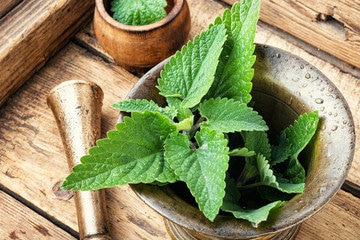
Scent Leaf (Ocimum gratissimum) is a popular leafy vegetable in Nigeria. It is known as Nchuanwu in Igbo, and Efirin in Igbo. It is used in prepaing many delicacies because it has a pleasant aroma.
Scent leaves are exceptionally loaded with vitamin K. One study on the nutritional value of the plant found out that it contains 414 mcg of vitamin K, which is an astonishing 345% of the Daily Value (DV).
2. Spinach
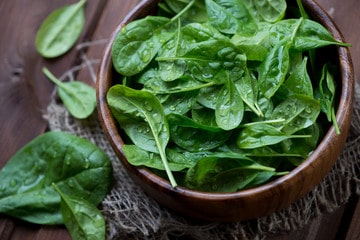
Spinach is a vegetable source of vitamin K. The leaf is popularly called Alayyahu and Efo tete in the Hausa and Yoruba languages, respectively.
It is essential to know that several plant variants exist, and they may be eaten raw or cooked.
One cup of the cooked spinach can fortify the body with up to 145 mcg, 121% of the DV.
3. Chicken
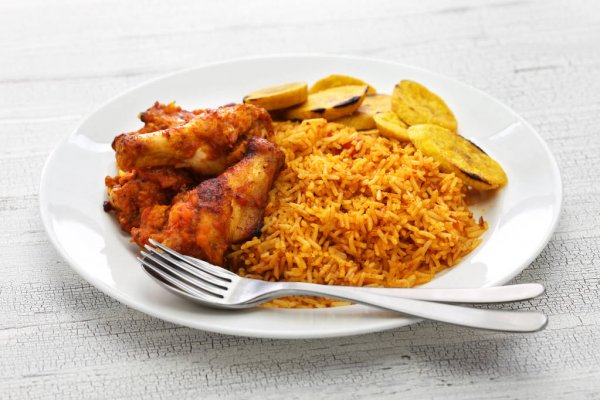
Chicken is one of the healthiest meats you can eat. Chicken is sold and widely eaten in Nigeria.
It is suitable for weight loss and has many health benefits.
However, chicken is also a great source of vitamin K. 100 grams of chicken contains 60 mcg of vitamin K.
4. Cabbage
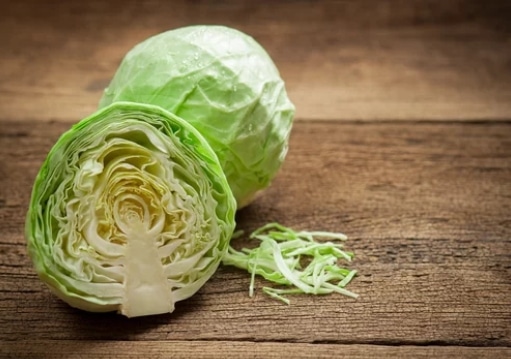
Cabbages are a popular cruciferous vegetable used in a variety of dishes, and it is used in Nigeria to prepare many foods and has many nutritional benefits.
Cabbages are extremely rich in vitamin K. The vitamin K present in 100 grams of cabbage is 109 mcg, 91% of the DV.
5. Cashew nuts
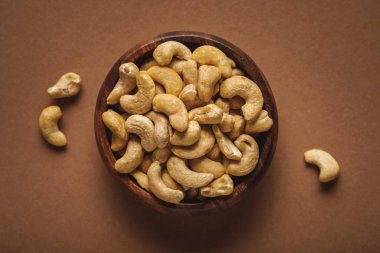
Cashews are one of the healthy nuts in Nigeria, and they are also rich in vitamin K. 100 grams of cashew contains 34 mcg of vitamin K, 28% of the DV.
There are many other health benefits of cashew nuts.
6. Avocado
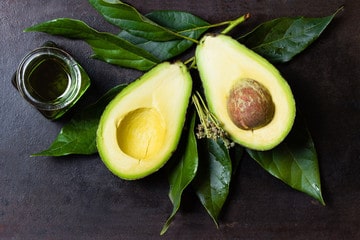
Avocadoes are not just among the top healthy fruits in Nigeria but are also very affordable.
They contain a moderate amount of vitamin K (21 mcg per 100 grams).
They also support heart health and promote healthy weight gain.
7. Beef liver
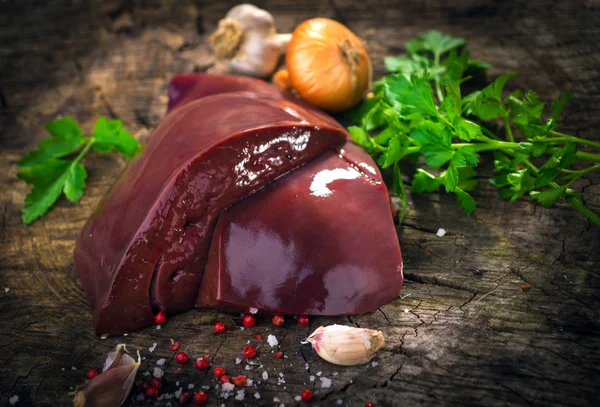
Beef liver is a great animal protein source, and it is also an excellent source of vitamin K.
The liver of beef has 72 mcg of vitamin K per slice.
In addition, beef liver is nutrient-dense and has numerous health benefits.
8. Green beans
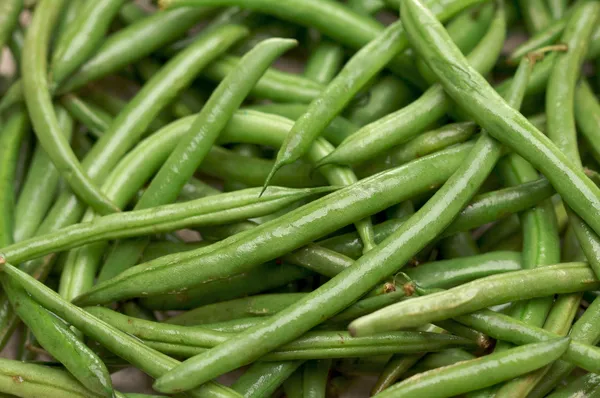
Green beans are often used for preparing salads, jollof rice, and fried rice in Nigeria.
Well, incorporating cooked green beans is a great way to add more vitamin K to your food. Half a cup of cooked green beans contains 30 mcg of vitamin K, 25% of what you need daily.
9. Fluted pumpkin leaves
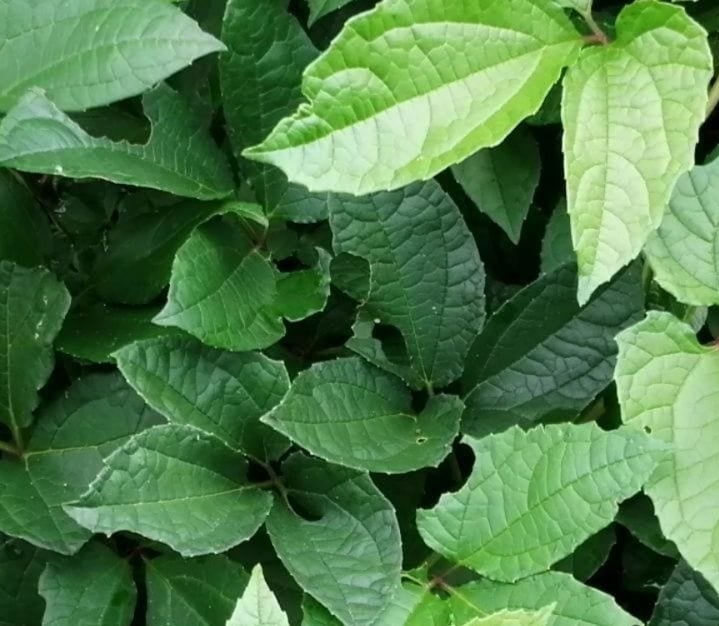
Fluted pumpkin leaves are also known as ugu leaves in Nigeria.
They are used for various culinary purposes and are readily available.
Pumpkin leaves are packed with vitamin K. 100 grams of pumpkin leaves contains 45 mcg of vitamin K, 37% of the DV.
10. Soybeans
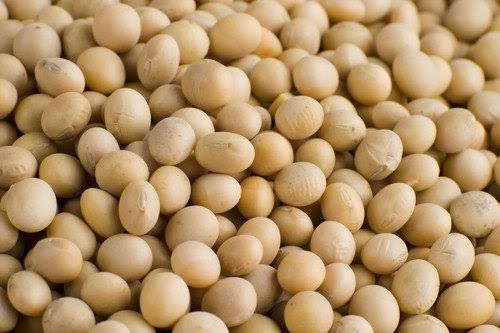
Nigeria is the largest producer of soybean in sub-Saharan Africa.
Soybeans are one of the most nutritious legumes you can eat.
They are loaded with vitamin K, and many other vital nutrients.
11. Garden Eggs

Garden eggs are one of the most healthy and widely eaten fruits in Nigeria.
In the country, garden eggs are served in ceremonious occasions and paired with groundnut paste (ose oji).
They are also rich in vitamin K, with one garden egg containing about 3 mcg of vitamin K.
12. Walnuts
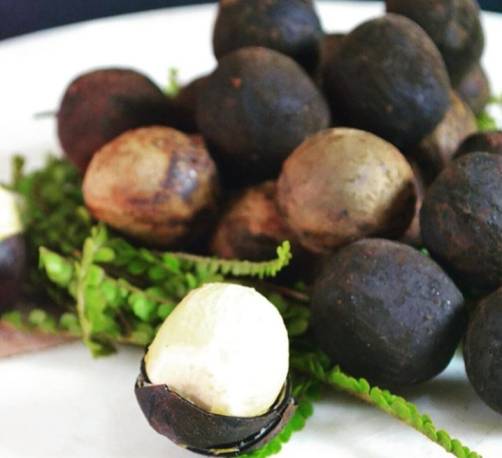
Another incredible source of vitamin K in Nigeria are walnuts.
Nigerian walnuts, also known as African walnuts, are a type of nut that is native to tropical western and central Africa.
The nut is round and is contained within a dark brown or black fragile shell.
Nigerian walnuts are rich in vitamin K and possess numerous health benefits for the cardiovascular and nervous systems.
13. Tomatoes
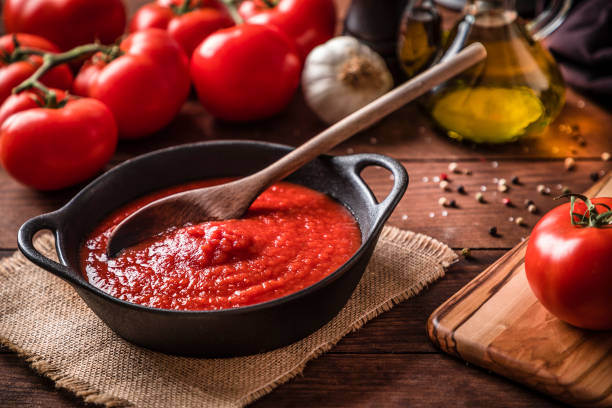
Almost every food in Nigeria is prepared using tomatoes.
We all know that tomatoes are incredibly healthy and tasty.
However, they are also an incredible source of vitamin K.
In fact, 100 grams of dried tomatoes contains 43 mcg of vitamin K, which is 36% of the DV.
14. Okra Soup
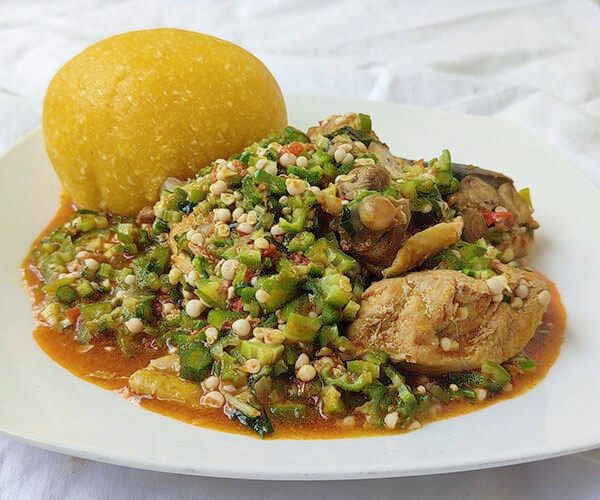
Okra soup is a popular dish in many West African countries, especially Nigeria, and it is known for its nutritional benefits.
One of the key nutrients found in okra soup is vitamin K.
Okra is a good source of vitamin K, with just one cup of cooked okra contains 60 mcg of vitamin K, providing over 40% of the recommended daily intake of this important nutrient.
15. Pigeon Peas (Fio Fio)
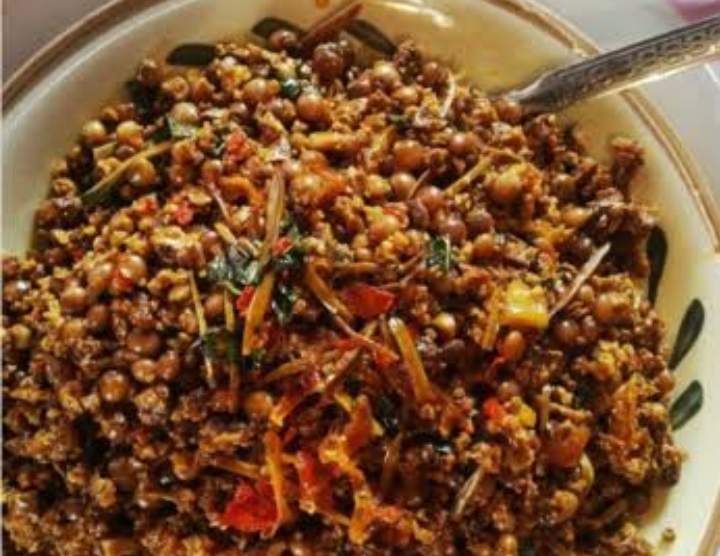
Pigeon peas, also known as Fio Fio, are a well-known food in Nigeria and are known for their delicious taste and many nutritional benefits.
Pigeon peas are a rich source of vitamin K, with one cup of cooked pigeon peas containing approximately 23% of the recommended daily intake of vitamin K, which is equivalent to 24 mcg.
YOU SHOULD ALSO READ:
- 13 Nigerian Foods That Are Rich In Vitamin E
- 5 Healthy Nigerian Foods for Pregnant Women
- 10 Nigerian Foods Rich In Vitamin C
- 10 Nigerian Foods That Are Easy To Digest
- 5 Healthy Nigerian Alkaline Foods
- 7 Healthy Nigerian Foods for Hypertensive Patients
- 12 Nigerian Foods That Boost Breast milk Production
- 8 Healthy Nigerian Foods for Babies
Collins Nwokolo is a human physiologist, writer and health enthusiast. He loves writing helpful articles on health and fitness, which he enjoys sharing with everyone.





